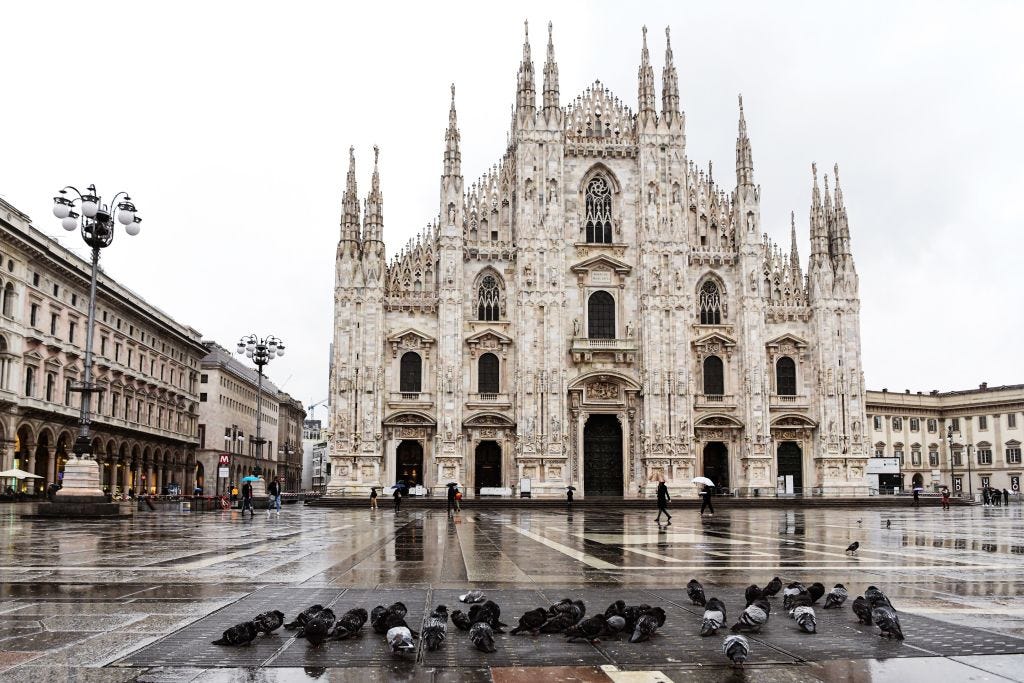
- ARAB NEWS
- 09 Jul 2025

A couple of years ago, I was the minister at the Department for International Development responsible for the UK’s contribution to global health responsibilities, from strengthening health systems worldwide to responding to emergencies. As part of a discussion concerning the distressing Ebola outbreak, I asked how many public health threat signals the World Health Organization (WHO) picked up on a regular basis. I was astonished to be told there were about 7,000 a month, of which 0.5 percent resulted in a formal risk assessment. In 2018, there were 481 new public health events — including Ebola and even the plague — in 141 different countries. A prescient WHO report that year said: “What disease will emerge next or where is not known. The only certainty is that novel pathogens will emerge in some of the world’s most vulnerable countries and regions.”
The world, or at least some parts of it, has largely been lulled into a false sense of security over medicine and health. The ability to counteract disease through antibiotics and the miracles of modern medicine, from vaccination to anticipation, has made an event like we are witnessing with coronavirus almost unthinkable. In fact, as the WHO accurately records, such things are more likely than not. The surprising thing is not that they happen; the surprising thing is that we appear socially unprepared.
Medical successes by 1970 suggested an almost limitless expansion of health — for some. Infectious diseases would be, like the Spanish flu of 1918, which is estimated to have killed some 50 million people, pure history, from which the world had emerged. Then we began to learn about antimicrobial resistance (AMR), through which our carelessness with the overuse of lifesavers such as antibiotics would come back to haunt us. If we thought that nasty bugs had gone away, we should be aware that, since 1970, some 1,500 new pathogens have been discovered. Sooner or later, as the WHO tells us, one will get through.
I make a case, therefore, for the preparedness of international medicine; for multilateral responses; for the efforts of the WHO in repeated reports to warn; and for limited outbreaks to alert us to the potentially worse to come, unless we take further action now. A defense is only as strong as its weakest link and, if the world does not listen, then there is only so much that reports and history can achieve.
Firstly, global health security must be a higher national priority for states that can afford to help finance the international effort. If not addressed successfully, the UK estimates that AMR could wipe $100 trillion off global gross domestic product in the next 30 years, and kill 10 million people per year.
Secondly, we need to continue efforts to strengthen health systems worldwide, particularly in the poorest and most vulnerable states. There are parts of the world where the advances of modern medicine are not available, where health care is more rudimentary. This means more than responding to an outbreak, dealing with it and moving on; it means ensuring that funds go toward a continuous upgrade in health facilities for all.
Thirdly, we should take the chance to recognize how fragile all our systems are, and how interdependent we have become; ironically in an age where leaders seem willing to risk the multilateral gains of the past for demonstrative nationalistic bombast today. A virus shines a merciless light and will expose authoritarian, information-repressive states and the inadequacy of health care systems in advanced countries where access is restricted alike. There should be a reaching-out between states that are political opponents to offer medical assistance, partly because it is the right thing to do, and partly because, as travel patterns show, we simply cannot contain a virus at a time when travel is vital to the global economy.
If ever there was a case to be made that “we are all in this together,” surely it is in response to a virus that knows no political boundaries and which skips over physical ones. COVID-19 may have its origins in China, but it is Italy — a modern, Western, democratic state — that is in lockdown. And, who knows, if Iran needs support in assisting its people in dealing with its outbreak, and if that comes from the West or Arab neighbors, what political gains might spring from that realization in terms of further awareness of our shared vulnerabilities?
COVID-19 may have its origins in China, but it is Italy — a modern, Western, democratic state — that is in lockdown.
Alistair Burt
The world lives under the impression that modern trade routes will exist forever, that producers of flowers and fruit in remote corners will find their produce on supermarket shelves a continent away by tomorrow morning for mutual benefit. Coronavirus should warn us that this may not always be the case. What if the next pathogen to break out is more virulent than the present one, and with a much higher mortality rate?
When this outbreak is done, as it will be, people all over the world should be asking these questions of their leaders.
Alistair Burt is a former UK Member of Parliament who has twice held ministerial positions in the Foreign and Commonwealth Office — as Parliamentary Under Secretary of State from 2010 to 2013 and as Minister of State for the Middle East from 2017 to 2019. Twitter: @AlistairBurtUK